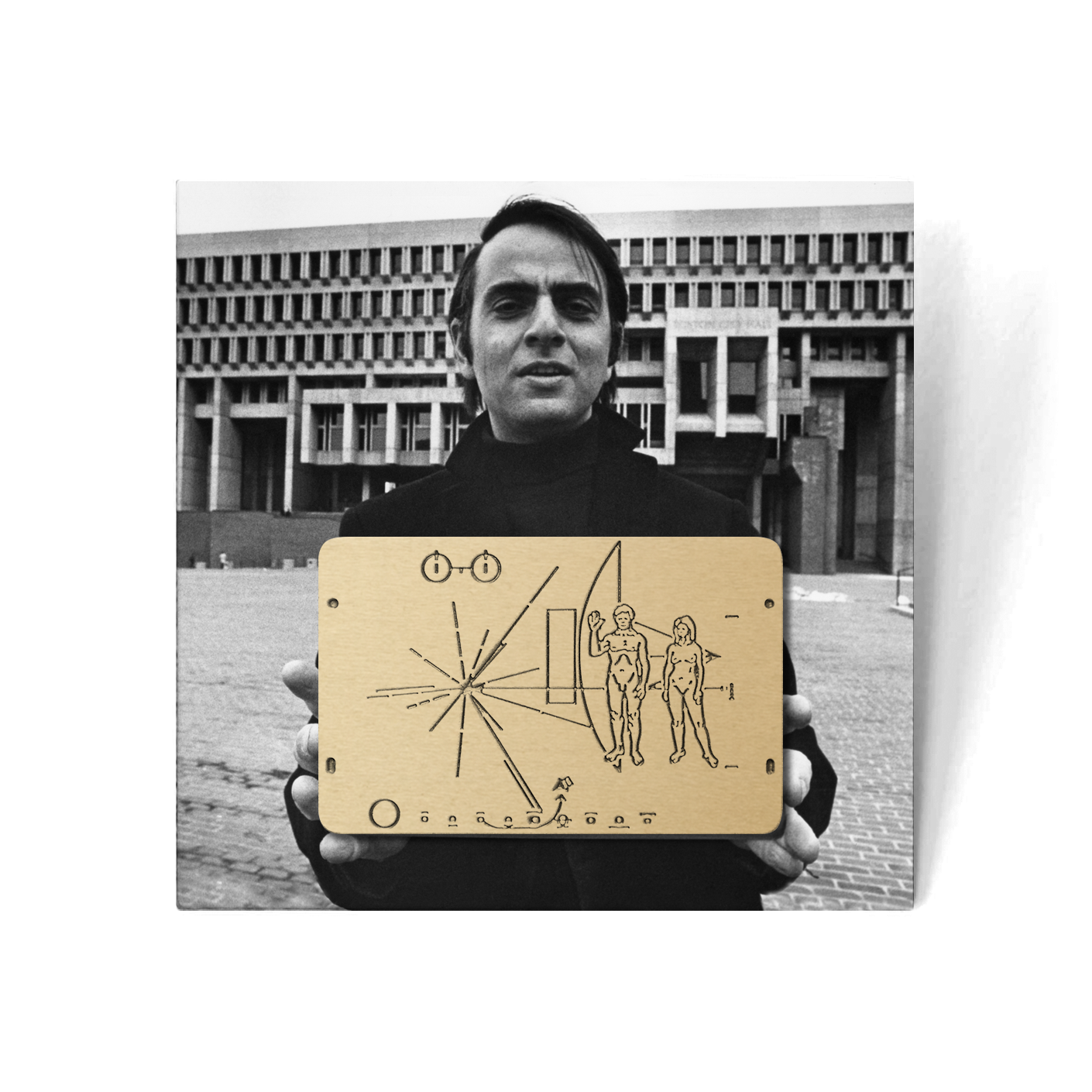Throughout history, humanity has grappled with its relationship with the natural world, a dynamic interplay characterized by both reverence and exploitation. In the contemporary epoch, the Bahá’í teachings emerge as a salient framework for understanding this relationship, urging us to consider the ethical implications of our actions on the planet. This article endeavors to explore the profound message encapsulated within the Bahá’í teachings, emphasizing ecological stewardship through the lens of a revered figure: a pioneer remembered in the context of environmental consciousness.
The admonition to “save the skin of the Earth” resonates deeply within the Bahá’í ethos. This phrase metaphorically underscores the necessity of preserving the planet’s fragile ecosystems, akin to safeguarding the very skin that protects our corporeal existence. It highlights an imperative moral response to an ecologically perilous era marked by climate change, biodiversity loss, and environmental degradation. Central to the Bahá’í worldview is the recognition that humanity is a single entity; thus, the wellbeing of the Earth is inextricably linked to our collective fortunes.
An exploration of the Bahá’í teachings illuminates a foundational principle: the interconnectedness of all life. This perspective compels adherents to cultivate a sense of responsibility towards the environment. The teachings advocate for a harmonious existence, fostering a deep reverence for the natural world. Such reverence is not merely an aesthetic appreciation but a profound acknowledgment of nature’s intrinsic value. The principle of moderation is integral within this context, serving as a guiding tenet to mitigate overconsumption and environmental harm.
The life and work of a pioneer, often emblematic of these teachings, exemplifies a profound commitment to ecological integrity. Pioneering figures within the Bahá’í community serve as beacons for transformative action, demonstrating through their endeavors the symbiotic relationship between spirituality and practical environmental stewardship. These individuals, who often traverse continents to disseminate the Bahá’í message, embody the principle of service and underscore the importance of proactive engagement in addressing ecological crises.
Consider the fascinating motivations that propel an individual towards such a path. The interwoven fabric of purpose and passion emerges as individuals reflect upon their spiritual convictions and their implications for the Earth. This deeper reasoning elucidates the profound sense of duty felt by many Bahá’ís: the call to engage with the natural world not only as caretakers but also as stewards empowered by moral imperatives. The teachings serve as an ethical compass guiding adherents to advocate for sustainable practices as an expression of their faith.
Moreover, the discourse surrounding environmental degradation often elicits existential contemplation. The Bahá’í teachings offer a holistic understanding of the interplay between humanity and nature, emphasizing the need for systemic change. Individuals are urged to examine the structural inequities that perpetuate environmental harm, urging a collective response to the crises of our time. This collective response encompasses not only grassroots activism but also education, advocacy, and policy reform—a multi-faceted approach resonant with the Bahá’í commitment to unity and justice.
In addition, the Bahá’í teachings underscore the temporal nature of existence. The finite nature of earthly resources implores us to consider our legacies. Pioneers, remembered for their sacrifices and contributions, inspire a consciousness that transcends the present moment. Their stories serve as poignant reminders of the impact individual actions can have on future generations. Engaging with their narratives encourages a reflective approach to ecological stewardship—one that honors the past while fortifying the path towards a sustainable future.
Furthermore, the notion of consultation within the Bahá’í framework is an essential tool for addressing environmental issues. This process promotes collaborative discourse, where diverse perspectives unite to formulate effective strategies for ecological preservation. The emphasis on unity in diversity fosters an environment where innovative solutions can materialize, transcending the limitations of individual or isolated efforts. Such collaborative endeavors are critical in confronting the complexities of environmental challenges, particularly in an era where scientific advancements often outpace ethical considerations.
As we delve deeper into the teachings, it is pertinent to highlight the role of education in fostering environmental responsibility. Bahá’í literature emphasizes the necessity of educating future generations on ecological ethics, harnessing knowledge as a transformative force. Empowerment through education engenders awareness, equipping individuals with the tools required to critically engage with ecological issues. This educational mandate extends beyond academic spheres, infiltrating community activism and grassroots movements, thereby reinforcing the interdependence of knowledge, action, and leadership.
Ultimately, the confluence of Bahá’í teachings, pioneering spirits, and environmental stewardship provides an invaluable framework for navigating the complexities of modern life. As we contemplate the realities of ecological degradation, the call to action emerges clearer than ever—not merely as a duty but as an expression of profound love for our world. The act of saving the skin of the Earth transforms into a sacred responsibility, inviting all to partake in a collective journey toward healing and restoration.
In summation, the Bahá’í teachings illuminate a path towards ecological mindfulness, encapsulating a holistic understanding of humanity’s relationship with the natural world. These teachings elucidate the philosophical underpinnings of environmental responsibility and inspire action through the legacies of those who have come before us. Each step taken in service to the Earth becomes a testament to our commitment to preserve the fragile beauty of the planet, ensuring its vitality for generations yet to come.
